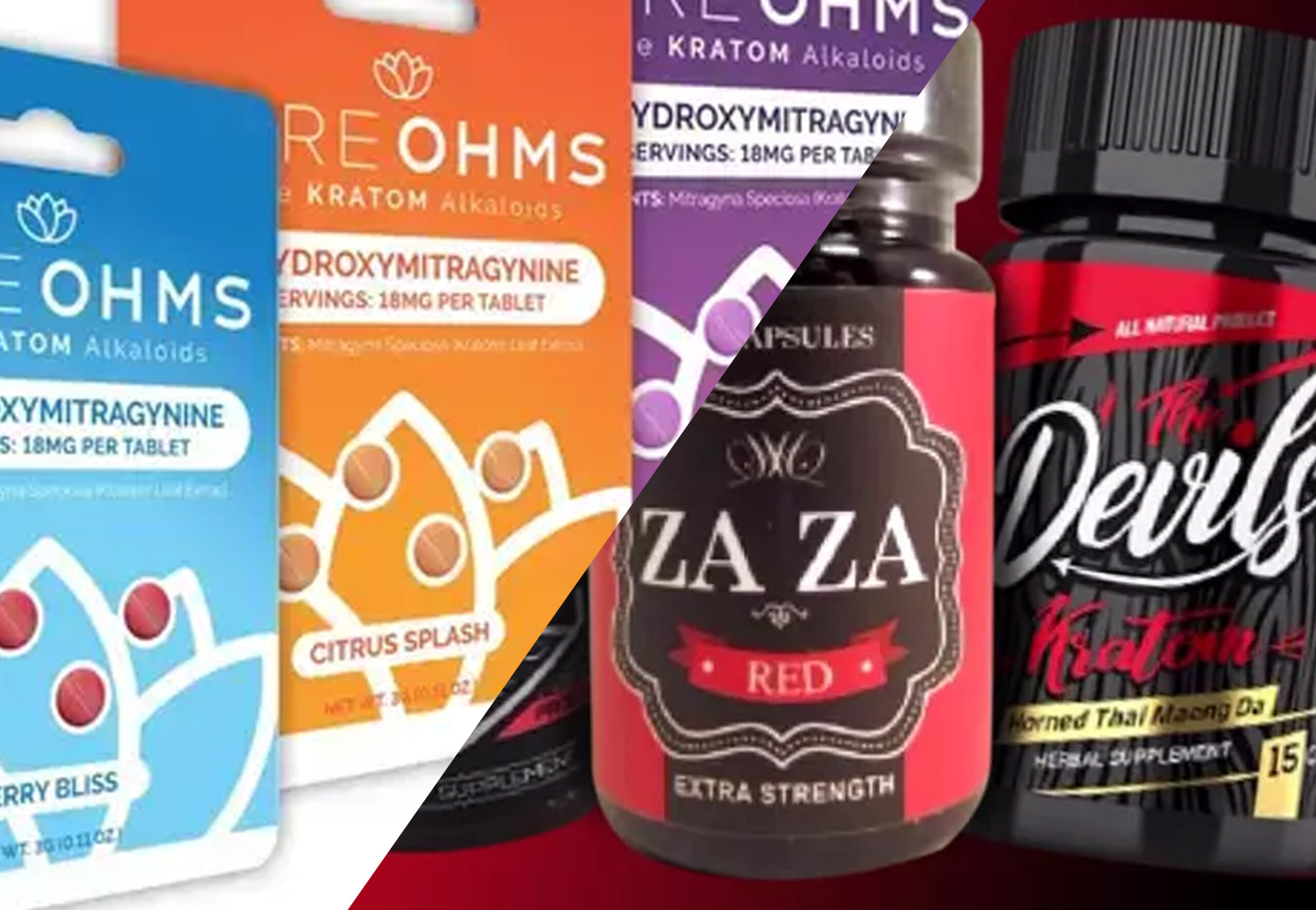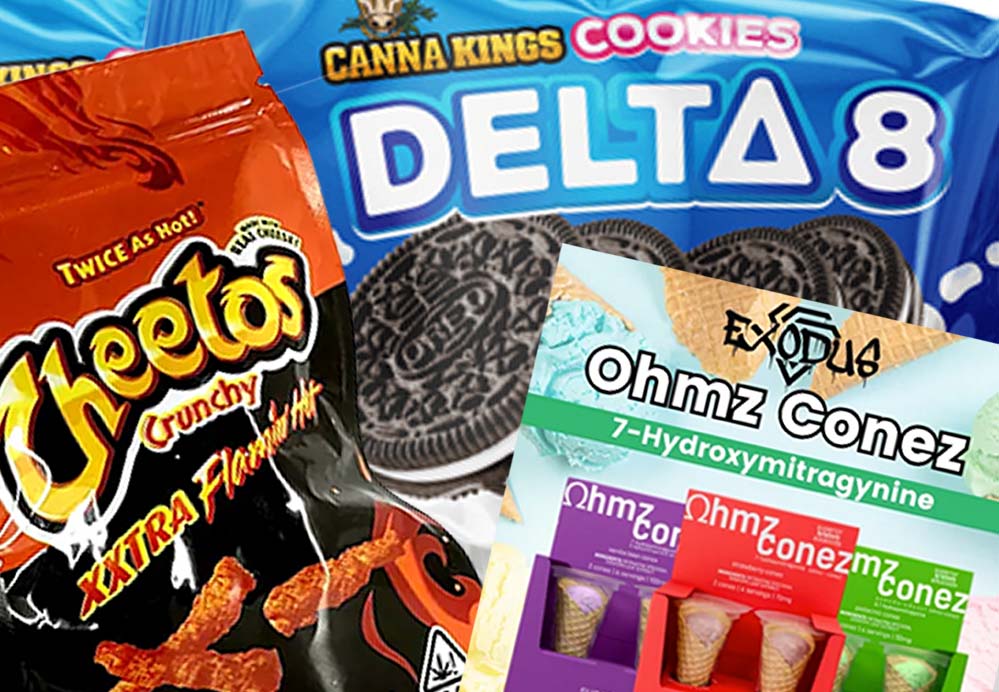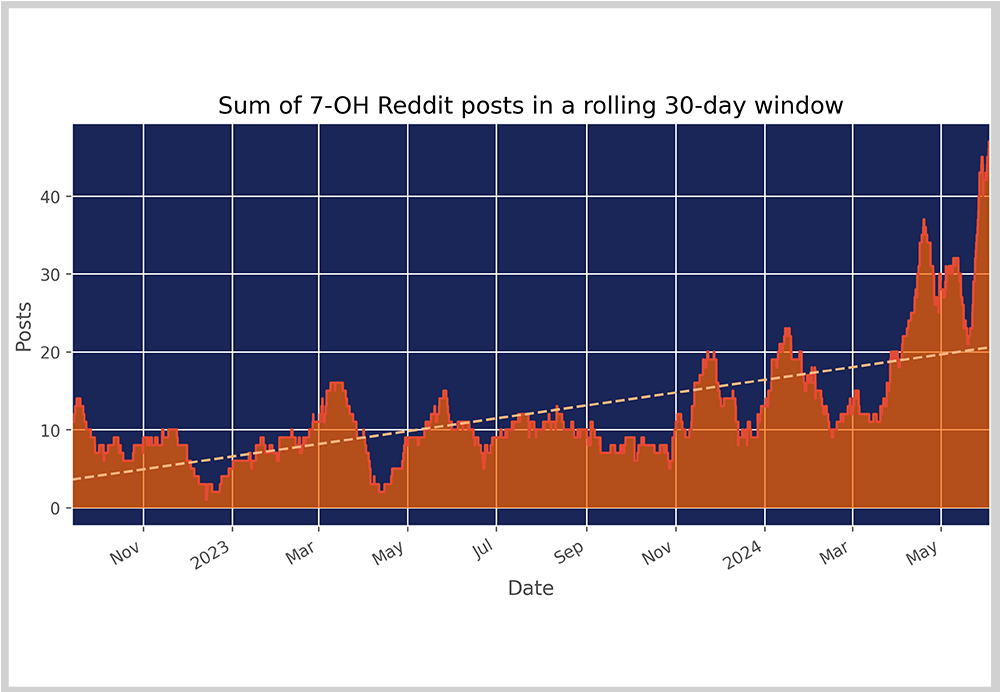
By Jan Hoffman – The New York Times –
Tianeptine, found at convenience stores, at smoke shops and online, can mimic an opioid. It is among a growing class of substances that are difficult to control.
The young father headed across the parking lot to join the other parents meeting their children’s new preschool teachers. After a few steps, he began sweating and twitching. As the sky reeled, he staggered back to the car, desperate to lie down in the back seat and breathe, hidden by tinted windows.
“Did you take something?” his wife, Anne, shouted at him while dialing 911. Eric, 26, had completed rehab earlier in the summer.
“The shot! The shot!” he groaned, just before he hit the ground and blacked out.
In the emergency room of a nearby hospital in southern New Jersey, doctors tried to revive him with a defibrillator.
“What’s he on?” they yelled at Anne.
She showed them a shot-size bottle of the cherry-flavored elixir she had fished out of the car. It was labeled Neptune’s Fix. Eric had bought it at a local smoke shop.
“What the hell is that?” a doctor asked.
Neptune’s Fix features an ingredient called tianeptine — popularly known as gas-station heroin.
Often sold as a dietary supplement and promoted by retailers as a mood booster and focus aid, tianeptine is among a growing, unregulated class of potentially addictive products available in gas stations, convenience stores and smoke shops and across the internet. They typically include synthetic pharmaceuticals and plant-derived substances.
Some, like kratom and phenibut, can be addictive and, in rare cases, fatal. They often originate in other countries, including Indonesia and Russia, where they are commonly used, even prescribed, for mood management. But the Food and Drug Administration has not approved them as medicines in the United States.
“Tianeptine is an emerging threat,” said Kaitlyn Brown, clinical managing director of America’s Poison Centers, which represents and collects data from 55 centers nationwide. “We have people who are able to get a substance that’s not well regulated, that has abuse potential and that, in high doses, can cause similar effects to opioids, leading to really harmful outcomes.”
At least nine states have banned or severely restricted tianeptine, including Florida, Michigan and Ohio. In late November, the F.D.A. issued a nationwide alert about Neptune’s Fix specifically and tianeptine in general, telling people not to take it and warning that it had been associated with overdoses and deaths.
Tianeptine, which also appears as a concentrated powder or an ingredient in products such as Tianaa, Zaza and Pegasus, “is illegally sold with claims to improve brain function and treat anxiety, depression, pain, opioid use disorder and other conditions,” the agency’s warning said.
The F.D.A. loosely oversees dietary supplements, an expanding universe of some 50,000 products that includes minerals, vitamins and compounds like melatonin. But the agency does not evaluate supplements for safety or effectiveness; it can only forbid manufacturers to market them as medical treatments. It requires product labels making health claims to list ingredients and include boilerplate disclaimers, such as noting that the product has not been reviewed by the F.D.A. The agency does not review those labels before a product is released.
Because the F.D.A.’s enforcement powers are limited by law, many products with tianeptine have long skirted labeling requirements. Although the F.D.A. has explicitly said, for example, that tianeptine does not qualify as a dietary supplement, the labels of some brands, like Tianaa, still make that claim.
“There are now at least a dozen different products that are foreign drugs being openly marketed as dietary supplements right under the F.D.A.’s eyes, without them being able to stop the sales,” said Dr. Pieter Cohen, an associate professor at Harvard Medical School who studies the regulation of supplements.
Tianeptine is a drug developed by French researchers in the 1960s as an antidepressant. It is approved in low doses for that use in many European, Asian and Latin American countries.
But at higher doses, it also works much as an opioid does, delivering short-lived euphoria. In the United States, many people take tianeptine under the widespread, mistaken belief that it is a safe alternative to street opioids like fentanyl or heroin, or even a way to taper off using them. On social media sites like Reddit, its merits are hotly debated, with more than 5,000 people subscribing to a “Quitting Tianeptine” forum.
“People develop a tolerance very quickly, and so they rapidly start advancing the dosing,” said Dawn Sollee, a clinical toxicologist and director of the Poison Control Center in Jacksonville, Fla. “They will set alarms to wake themselves every two hours to take tianeptine pills so they do not go into withdrawal. And then they have to keep taking more and more just to stay functional.”
Expenses can mount swiftly, along with dangers. At a convenience store in Montclair, N.J., recently, 15 capsules of Tianaa Red cost $34. A bottle of Neptune’s Fix, which comes in lemon, tropical, cherry or chocolate-vanilla flavor, runs about $16. A salesman at a roadside smoke shop farther west said customers typically purchased 12-bottle boxes. A salesman at another roadside shop said that one customer bought 10 boxes each week — whether for resale or personal use, he did not know.
Determining the number of cases of tianeptine abuse is challenging, because hospitals do not test for it. Reports to poison-control centers are voluntary, typically made by a worried relative, so officials say the numbers represent a drastic undercount.
But case reports are increasing. In 2013, only four cases of tianeptine exposure were reported nationwide. In 2023, 391 cases were reported, according to America’s Poison Centers. New Jersey, which typically has one report a year, received 27 in 2023, with patients ranging in age from 20 to 69.
“Some people apparently think it can help with chronic pain instead of having to use an opioid, which might explain the older demographic,” said Dr. Diane Calello, medical director of the New Jersey Poison Control Center.
Similarly to many illicit drugs, tianeptine is often sloppily mixedwith unlabeled ingredients, such as potent synthetic cannabinoids. That is one reason overdose symptoms appear to range widely, poison-control medical directors said, including clamminess, nausea, low blood pressure and unconsciousness as well as seizures and severe stomach cramps.
Sometimes naloxone, a drug that reverses opioid overdoses, can be effective in reviving patients, they said — and sometimes not. At least four deaths have been associated with tianeptine.
About a year ago, Dr. Raymond Pomm, an addiction psychiatrist at Gateway Community Services in Jacksonville, saw his first tianeptine patient. To treat the patient’s withdrawal symptoms, he tried buprenorphine, a medication that dulls opioid cravings. He said he found that it helped patients to manage withdrawal from tianeptine and to maintain abstinence.
Last summer, after Eric completed rehab for kratom, a potentially addictive herb from Southeast Asia that is readily available in convenience stores and smoke shops, doctors recommended medication for anxiety and depression. But Eric, a corporate salesman from a suburb in South Jersey, was determined to stay away from mood-altering prescriptions, to which he had been addicted in the past.






